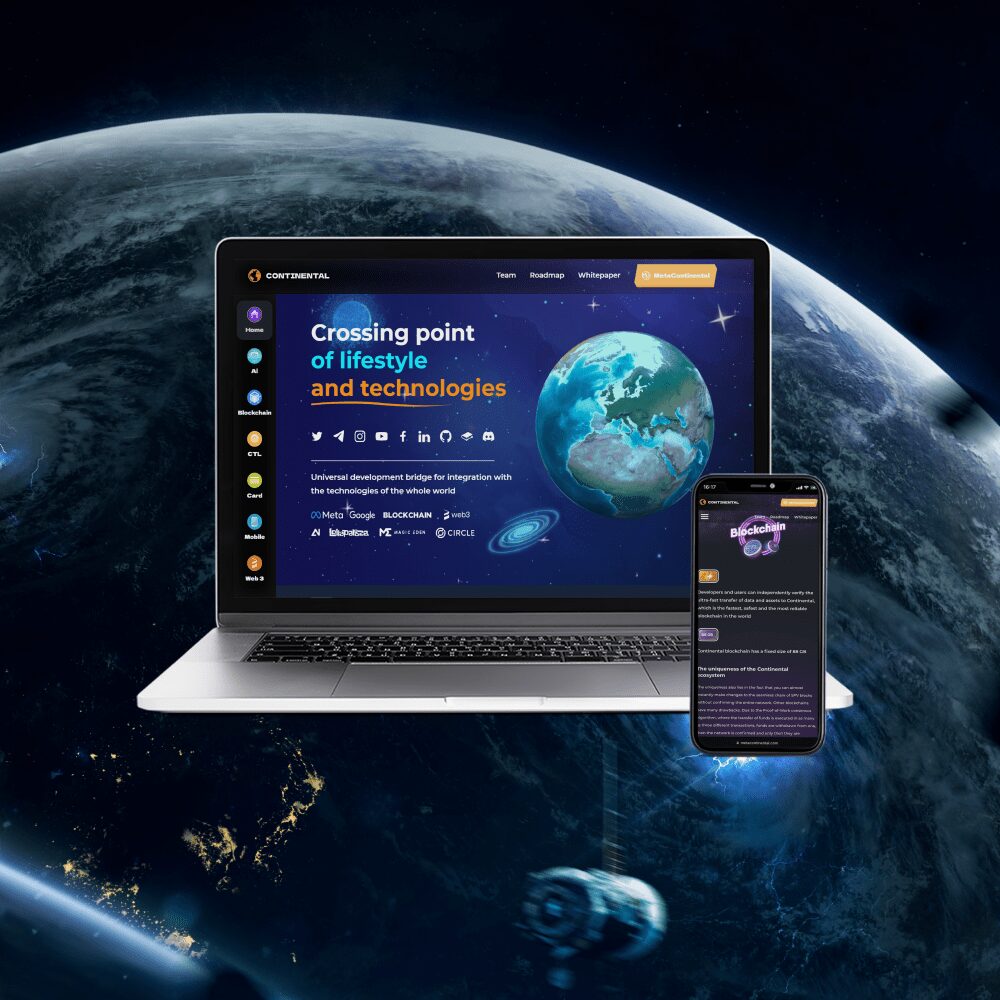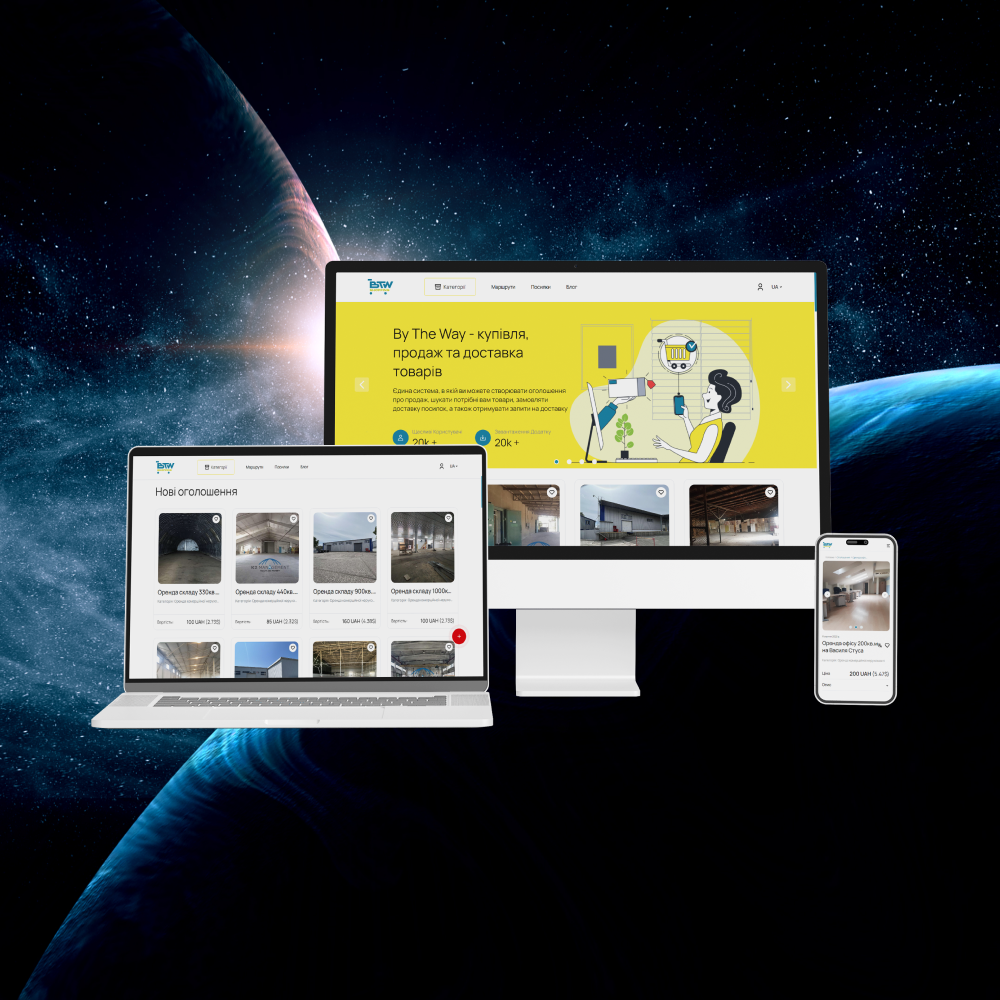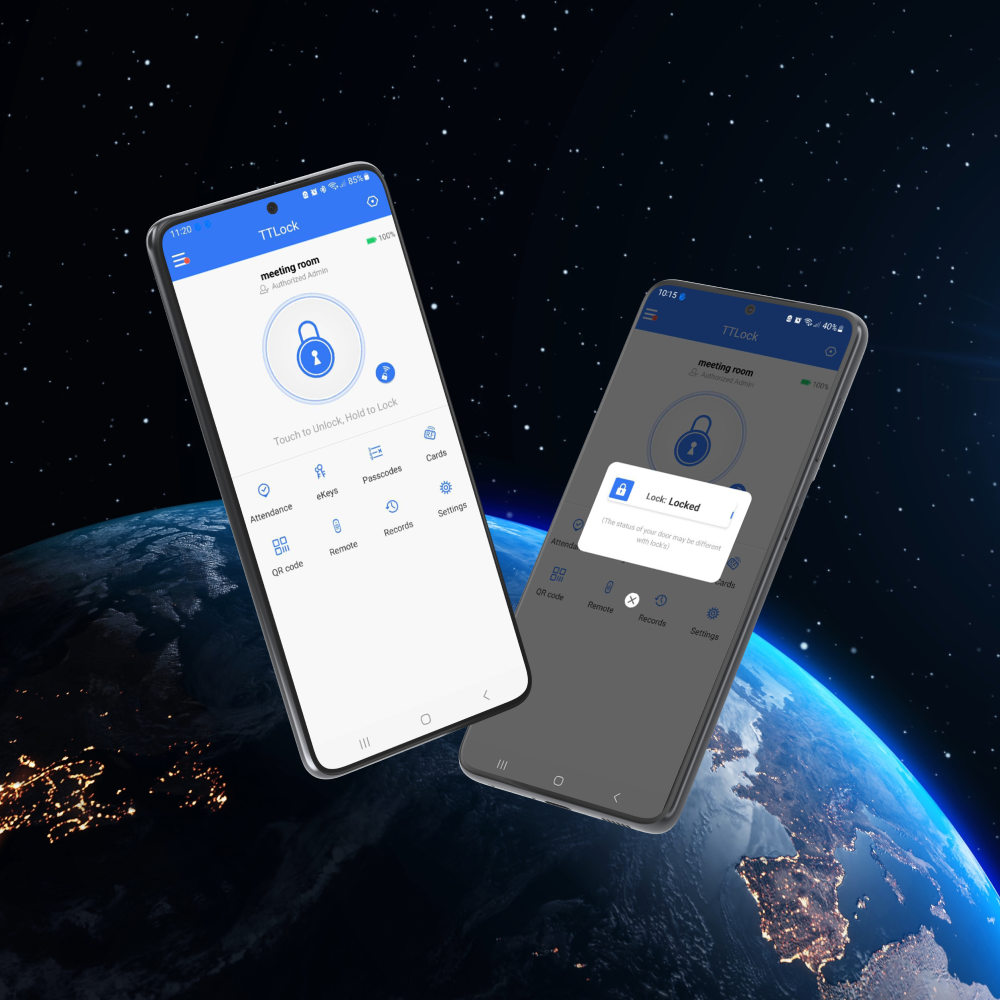Who is a Devops Engineer?
What is DevOps
Principles and GoalsWhat is DevOps Principles and Goals
DevOps (development & operations) is an approach that automates the assembly, configuration and deployment of software. This is a methodology, culture and a separate layer of IT specialists.
The main goal of DevOps is to improve the quality of the product, speed up its release and ensure the reliability and stability of the software:
- Debugging communication helps developers and system administrators communicate effectively throughout all stages of software deployment to quickly resolve problems.
- Automation reduces the number of errors when deploying software and generally speeds up its development.
- Continuous integration and continuous deployment (CI/CD) allows you to get faster feedback and quickly improve your application.
- Monitoring and logging are needed to quickly detect, localize and resolve problems.
The quality of the DevOps organization directly affects the speed and stability of products that go into production.
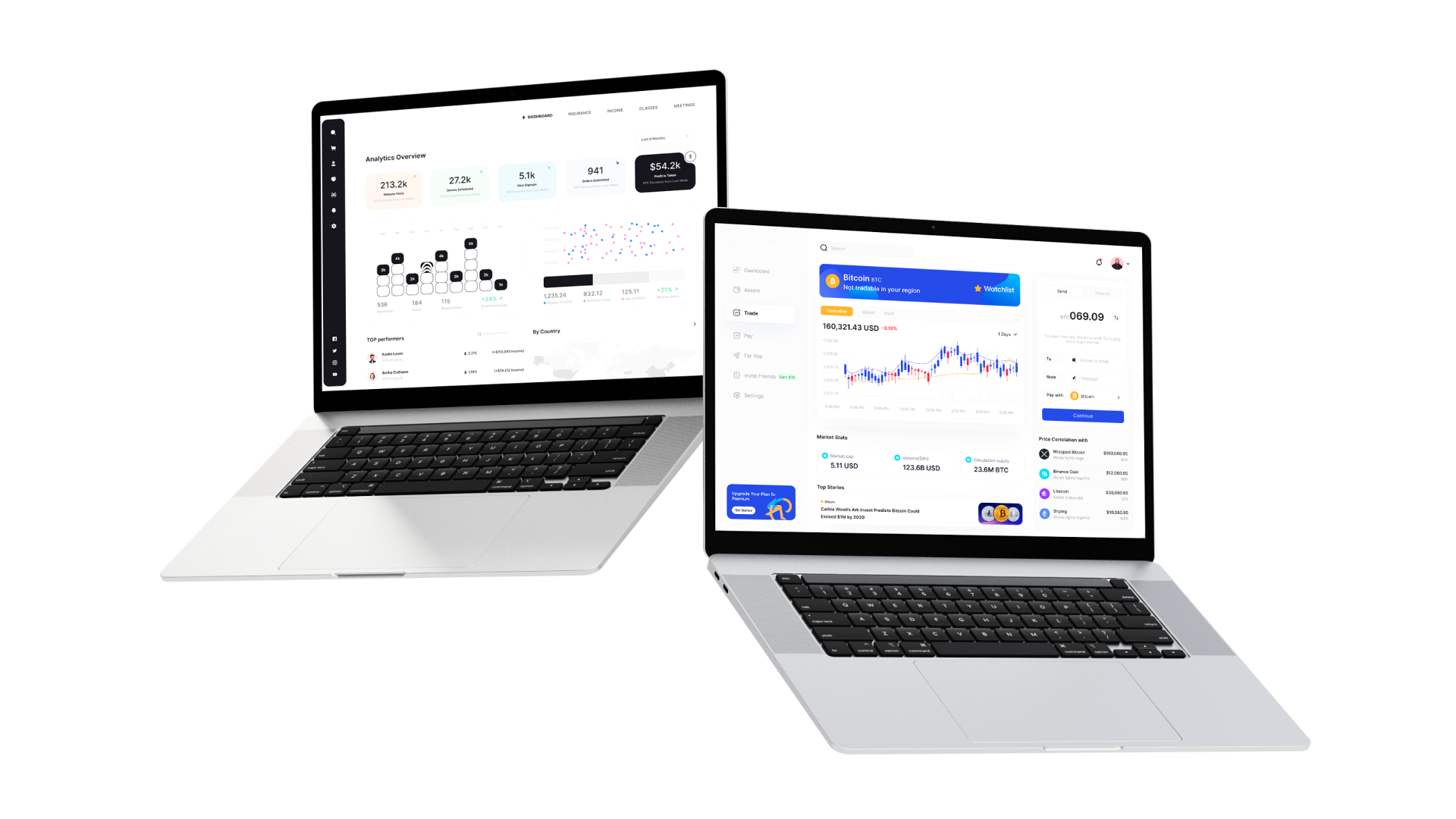
Who is a DevOps engineer?
Tasks and WorkflowsWho is a DevOps engineer? Tasks and Workflows
Over time, the approach turned into a separate IT profession – DevOps engineer. This is a specialist who combines the skills of both development and system administration. In other words, he is responsible for creating and maintaining the infrastructure for developing, testing and deploying software.
Programmers do not know how their code will be deployed, how it will be integrated with other applications in production, and how 2 or 3 services will be connected into one.
When a company has DevOps, the programmers’ task is simply to write the code, and the DevOps team deploys it and monitors it.
But besides this:
- provide developers with everything they need for development: internal tools for the company (CLI), use of IaC (infrastructure as code)
- place application versions in production
- put deployed software on monitoring
- make and save backups of its versions
- send notifications about critical events with the application, and so on.
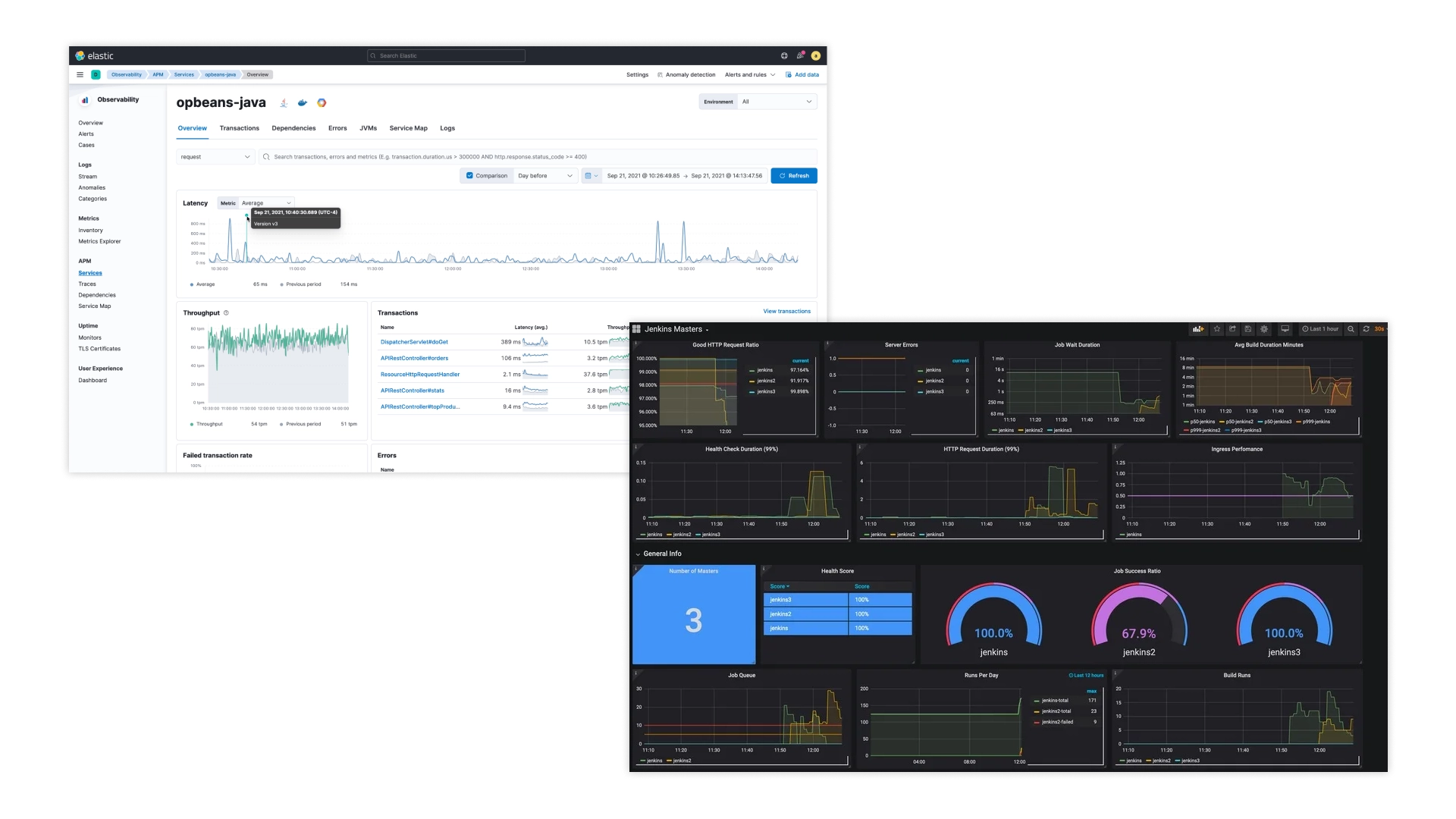
DevOps Engineer Roles
Specializations and differences in workDevOps Engineer Roles Specializations and differences in work
DevOps plays a key role in automating software development and operations. DevOps engineer roles span the entire cycle, from infrastructure creation to monitoring and security.
DevOps can be compared to a Full Stack developer – a specialist who knows both Front-end and Back-end. In other words, DevOps knows how to deploy a system, how to synchronize components, how to record an incident and release software. But especially in large companies, DevOps is usually divided into specializations:
- TechOps work with an already deployed system, providing support and monitoring, creating incidents and technical support in general.
- CloudOps transfers the entire infrastructure to cloud services and is already working on its synchronization, releases and provisioning.
- DevSecOps evaluate risks and overall data security. Their work is aimed at monitoring, sustainability and ensuring infrastructure flexibility.
If we consider the software development life cycle, then the work of devops begins with an analysis of software requirements for the existing infrastructure and the need to make changes to it. Next, work begins on the deployment of infrastructure – these can be virtual machines for development and testing. For this DevOps, use Terraform or Ansible. They enable automation and standardization of infrastructure deployment.
Afterwards, the infrastructure needs to be maintained. For centralized control and management of system and application settings, devops use Puppet or Chef. And to create a unified infrastructure, version control, continuous integration and deployment (CI/CD) systems are used.
Then comes the automation of routine tasks, such as testing and building applications. DevOps engineers develop scripts and use various tools to automate these processes. This is where programming languages come in handy.
Next is safety. DevOps implement security practices such as vulnerability management, data encryption, and access control. They integrate these security measures when deployed to protect data from various threats.
Software release is also managed by DevOps. They coordinate the work of various teams, control deadlines and ensure the quality of released versions. Their goal is to make the deployment of new versions smoother.
After the release, the monitoring and logging stage begins. DevOps set up monitoring systems such as Prometheus and Grafana, as well as logging systems – ELK Stack for constant monitoring of the operation of applications and infrastructure.
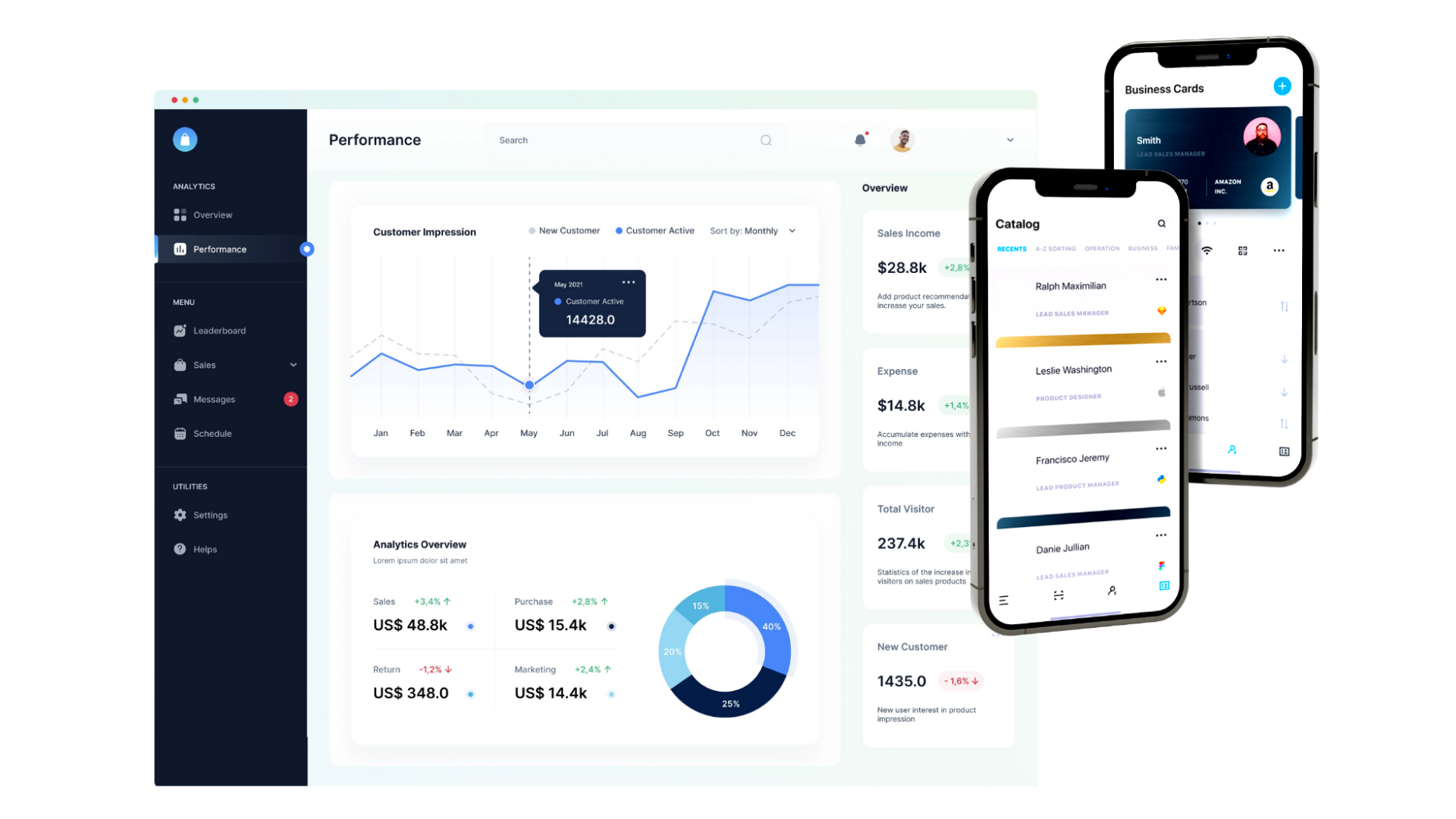
Main responsibilities of a DevOps engineer
Skills and ToolsMain responsibilities of a DevOps engineer Skills and Tools
To implement their functions, devops use a specific technology stack. The development and support of tools for automating the assembly and deployment of software is performed with scripts and tools such as Jenkins and Ansible – knowledge of them is required.
Setting up and maintaining server and cloud infrastructures is not complete without Terraform and Docker. The same goes for monitoring without Prometheus and Grafana.
Jenkins and GitLab CI., with which DevOps engineers implement and support software integration and deployment.
In addition to hard skills, soft skills are also important for devops, which directly affect communication between developers, testers and system administrators. This helps you identify and solve problems faster, and improve the quality and speed of product development.
Necessary skills and tools for a DevOps engineer
OS. Professional knowledge of Linux/Unix. These operating systems are the basis of most server and cloud infrastructures, so a deep understanding of their operation is extremely important for a DevOps engineer.
Programming Languages: Solid knowledge of various programming languages such as PHP, Python, Perl and Ruby is required for automating tasks, writing scripts and developing tools.
Docker, Kubernetes, Jenkins, Ansible, Terraform and other tools automate the deployment, management and monitoring of infrastructure and applications, which is a key aspect of a DevOps engineer’s job.
Knowledge of the capabilities of cloud platforms such as AWS, Azure, Google is an important skill for a DevOps engineer, as they provide many opportunities for deploying and scaling applications.
Professional use of version control systems such as Git and Subversion (SVN) allows you to effectively manage code changes, collaborate with other developers, and track change history.
DevOps engineers must be able to implement security measures throughout all stages of development and deployment to protect data and prevent potential threats.
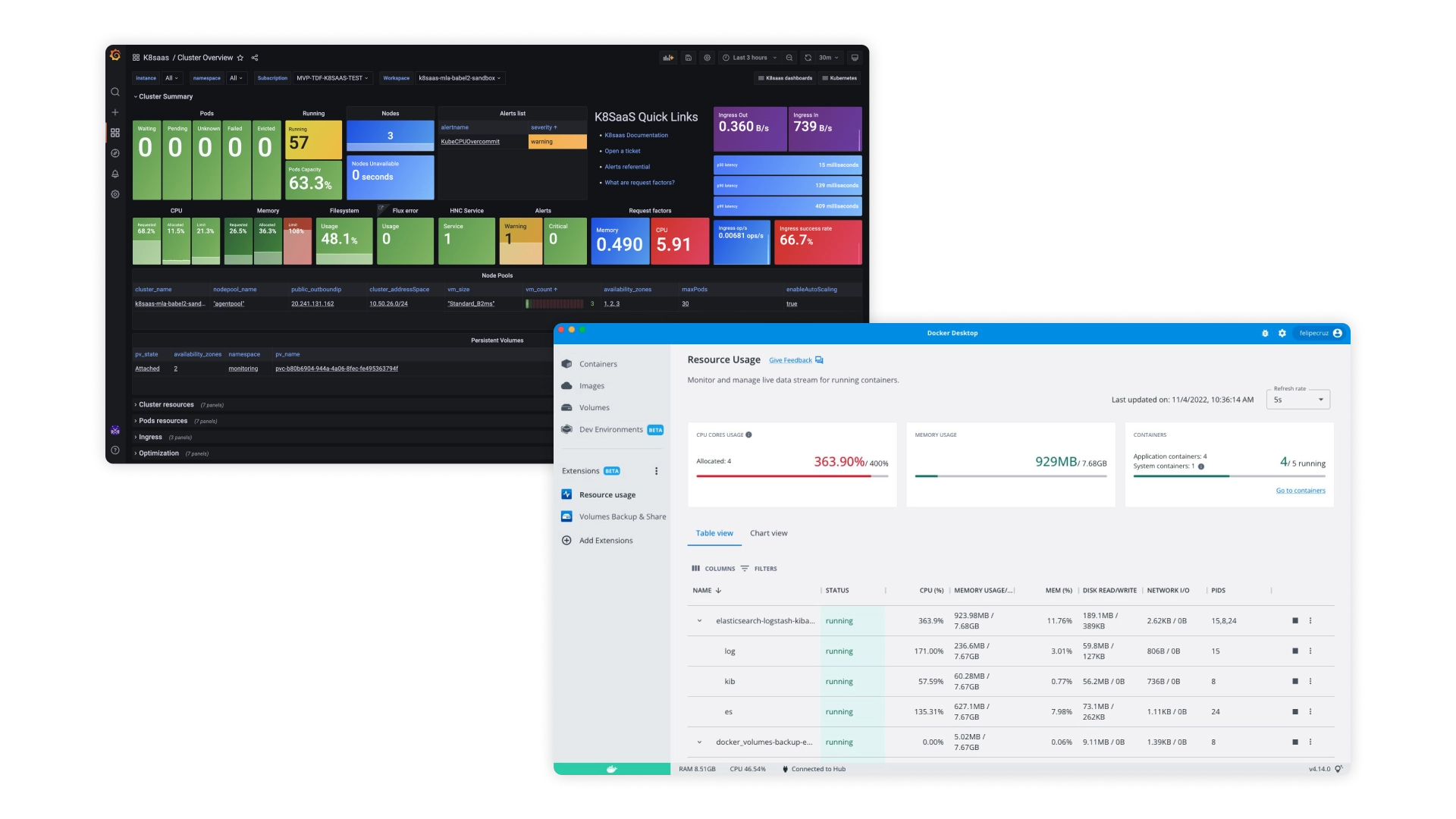
Select a DevOps engineer at AVADA MEDIA
Hire DevOpsSelect a DevOps engineer at AVADA MEDIA Hire DevOps
Thanks to the methodologies and tools that our DevOps specialists use, your business can significantly reduce the time it takes to develop, deploy and support your new products and updates. Moreover, by hiring DevOps, you minimize the cost of hiring and onboarding specialists, and our flexible collaboration models allow you to optimize your budget, depending on the current needs of your business.
This is an investment in the stability, quality and speed of development of your business, which directly affects its success.
What is Devops?
DevOps (short for “Development” and “Operations”) is a methodology that integrates software development and operations processes to improve the efficiency and quality of product releases. The core idea of DevOps is close collaboration between developers and IT professionals, which allows for the automation and integration of software development, testing, and deployment processes12. The main principles of DevOps: Automation: Using tools to automate the processes of building, testing, and deploying software. Continuous integration and delivery (CI/CD): Constantly updating and integrating code, which allows for the rapid release of new versions of the product. Collaboration: Close interaction between development and operations teams to quickly resolve issues and improve product quality. Monitoring and feedback: Continuously monitoring application performance and collecting feedback to improve processes and products. DevOps benefits: Accelerated product releases: Faster and more frequent deployment of new versions of software. Improved quality: Reduced bugs and improved application stability. Improved collaboration: Better communication and interaction between development and operations teams. DevOps helps organizations adapt to change faster and improve their products, which is especially important in a rapidly changing technology market.DevOps vs. Системный администратор
DevOps: Основное внимание уделяется автоматизации, непрерывной интеграции и доставке (CI/CD), а также тесному сотрудничеству между командами разработки и эксплуатации. DevOps-инженеры работают над созданием и поддержкой инфраструктуры, необходимой для разработки, тестирования и развертывания приложений. Используют инструменты для автоматизации процессов, такие как Jenkins, Docker, Kubernetes и другие1. Системный администратор: Отвечает за обеспечение надежной и эффективной работы компьютерных систем и сетей в организации. Занимается обслуживанием серверов, сетей и ПК, установкой и настройкой программного обеспечения. Обеспечивает безопасность данных и защиту от внешних угроз1.
Fresh works
We create space projectsFresh works
The best confirmation of our qualifications and professionalism are the stories of the success of our clients and the differences in their business before and after working with us.
Our clients
What they say about usOur clients What they say about us
Successful projects are created only by the team
Our teamSuccessful projects
are created only by the team Our team
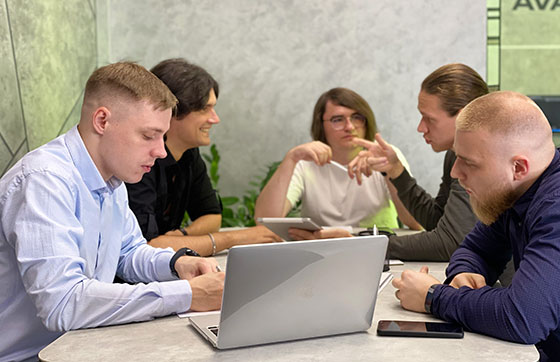



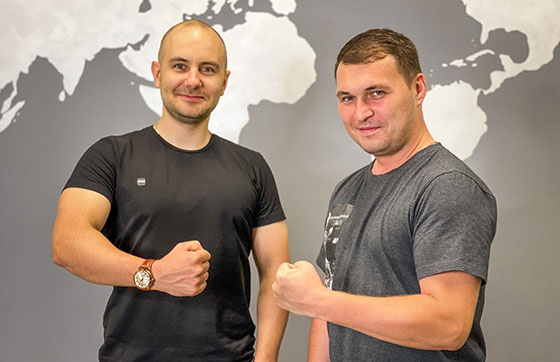





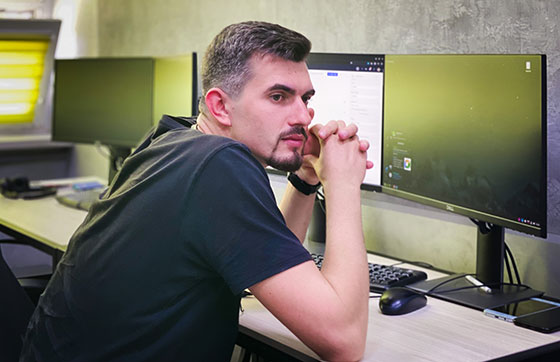

Contact the experts
Have a question?Contact the experts Have a question?
-
Phone:+ 38 (097) 036 29 32
-
E-mail:info@avada-media.com.ua



